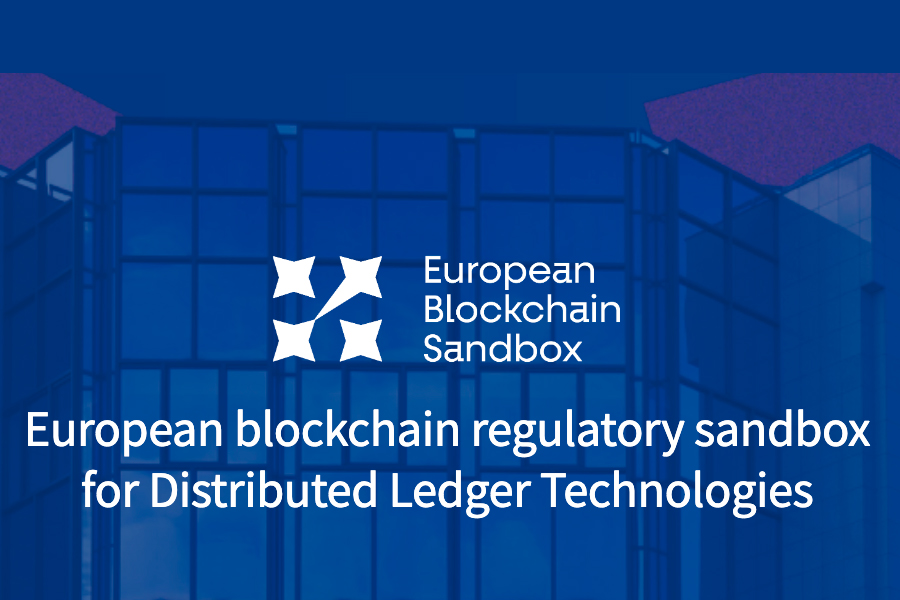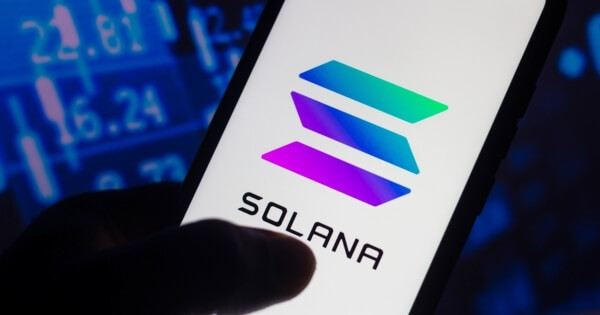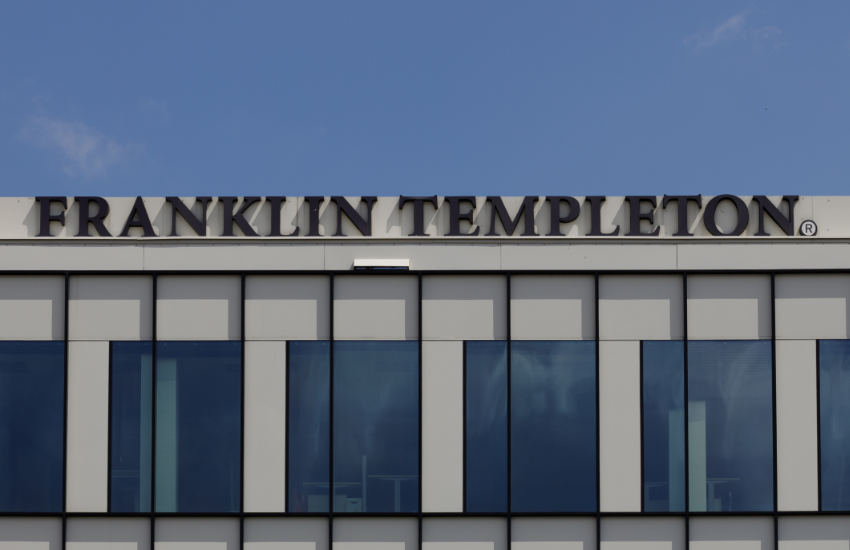The European Blockchain Sandbox expands to 41 regulators from 22 countries, aiming to foster blockchain innovation and enhance regulatory collaboration.
The regulators taking part in the second batch of the European Commission’s blockchain sandbox program have been revealed.
The European Blockchain Sandbox Initiative (EBSI) announced on September 30 that it has received 41 regulatory and authority signatures from 22 EU and EA member states.
Government representatives from the following nations are taking part: Denmark, Norway, Denmark, Poland, Hungary, Slovakia, Iceland, Liechtenstein, Lithuania, France, Spain, The Netherlands, Italy, Greece, Slovenia, Germany, Cyprus, Portugal, Bulgaria, Belgium, Denmark, Norway, Latvia, Malta, and the Czech Republic.
Bolstering distributed ledger technology usage cases
To facilitate use cases employing distributed ledger technology (DLT), the European Commission established the EBSI. The initiative intends to give authorities, regulators, and blockchain projects a platform for discussion and to identify legal and regulatory barriers to blockchain innovation.
The effort seeks to improve the regulatory environment for blockchain and other decentralized technology solutions. Written by the European Commission:
“The Sandbox will allow regulators and supervisors to enhance their knowledge of cutting-edge blockchain technologies. Legal advice will be provided and regulatory experience and guidance will be contributed in a safe and confidential environment.”
Furthermore, the EBSI will fund 20 initiatives yearly to develop blockchain-based application cases. Several factors, such as commercial maturity, legal significance, and alignment with EU policy aims, will be considered when choosing the use cases.
The legal company Bird & Bird will advise the projects on legal and regulatory matters, and they will have the opportunity to speak with participating regulators about any regulatory concerns.
Companies chosen to take part in the second cohort of the European Blockchain Sandbox Initiative EBSI
The businesses chosen to be a part of the EBSI’s second cohort were revealed on June 13. They featured businesses whose use cases ranged from tokenizing real-world assets (RWAs) to initiatives supplying digital passports based on blockchain technology.
One of the initiatives selected for the second batch is Iota, an open-source distributed ledger and cryptocurrency ecosystem.
Iota said that having its identity solution accepted for the European Blockchain Sandbox Initiative EBSI was a significant accomplishment. According to the project, this allows for privacy and KYC conversations in Web 3. Iota stated, “This is especially relevant now that many regulators are thinking about how they want to approach decentralized finance.”



